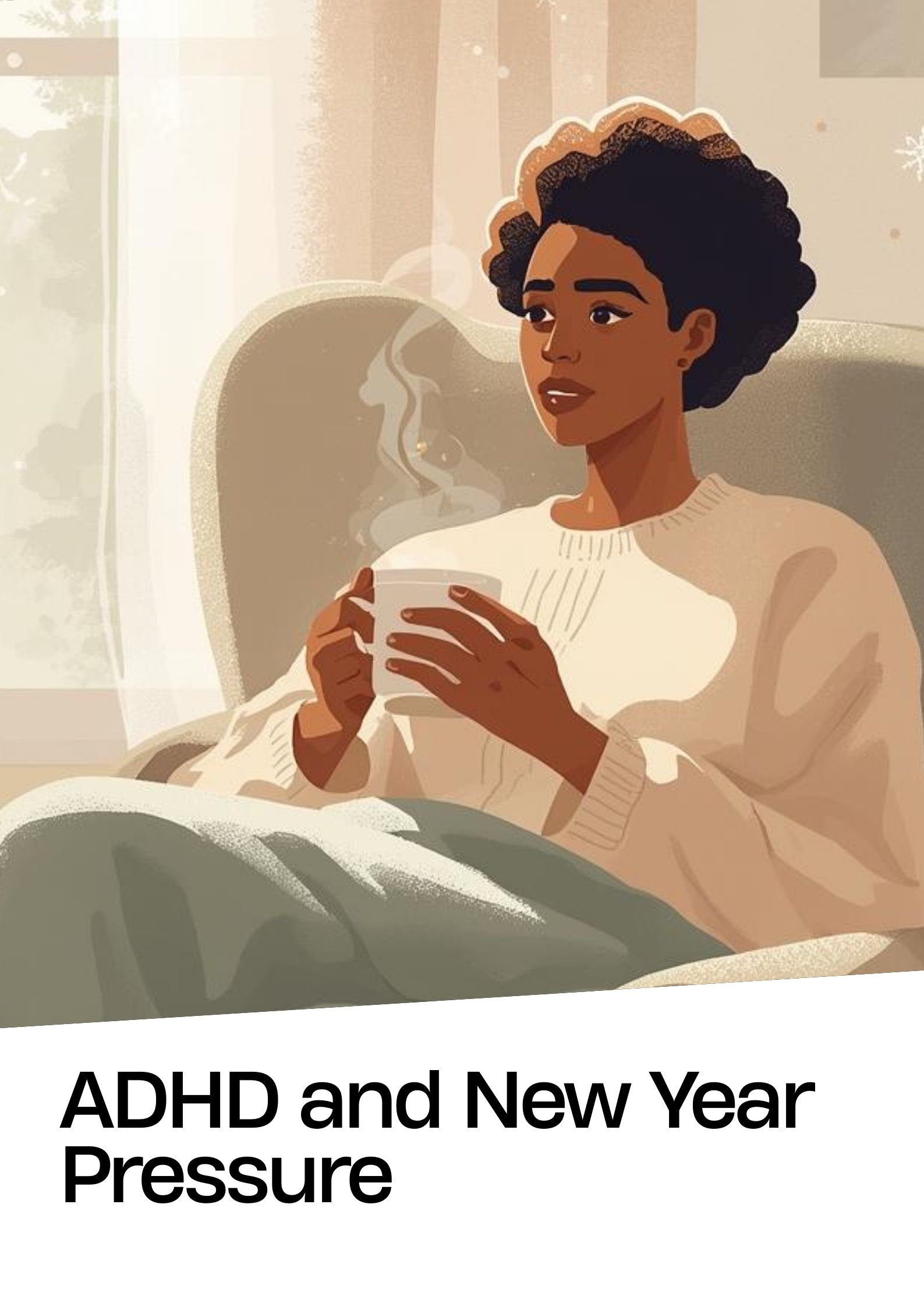Book Now
Menu
As awareness of neurodiversity grows, many families are exploring what it means for their children to be neurodivergent—and how psychotherapy for neurodivergent children can help. Neurodivergence includes a wide range of brain‑based differences such as ADHD, autism, sensory processing differences, learning disabilities, and more. These aren’t problems to “fix,” but natural variations in how children think, feel, process, and connect with the world.
For neurodivergent children, the world often isn’t designed with them in mind. That mismatch, not the child themselves, can lead to frustration, overwhelm, low self‑esteem, and social isolation. In other words, they’re constantly asked to adapt to environments that don’t meet their needs. This is where psychotherapy can make a meaningful difference.
Neurodivergence challenges the idea that there’s one “normal” way for brains to function. All brains work differently—and those differences are both natural and valuable. Neurodivergent children may:
Every child is different. Even within the same label, like ADHD or autism, there’s huge variation. That’s why we look beyond diagnosis to see and support the whole child.
Therapy isn’t about changing who a child is. It’s about creating a space where they feel safe, understood, and supported. Effective care is flexible, affirming, and tailored to the child—not the other way around.
Many neurodivergent children experience big emotions that can feel overwhelming. Therapy offers concrete tools for noticing body cues, naming feelings, and finding regulation strategies that actually work for them. No gold stars required—just self‑awareness and self‑compassion.
Neurodivergent kids are often told they’re “too much” or “not enough.” In therapy, they can build pride in who they are, explore identity in affirming ways, and reframe challenges as differences—not deficiencies.
Social interaction can be tricky—especially when masking is expected. Therapy provides a shame‑free space to practice communication, set boundaries, and explore friendships without pressure to hide who they are.
Parents and caregivers are essential partners. Therapy can help families understand their child’s neurodivergence, strengthen communication, and create sensory‑aware routines that support regulation, autonomy, and connection at home.
Too often, therapy focuses on what a child is doing “wrong.” We flip that script. A strengths‑based, neurodiversity‑affirming approach celebrates abilities, passions, and perspectives. The goal isn’t to “fix” the child; it’s to support, empower, and advocate so the environment fits the child (not the other way around).
Every neurodivergent child deserves to feel seen, heard, and accepted. With curiosity, compassion, and flexibility, psychotherapy can be a powerful space for growth, healing, and self‑discovery. For families, it’s also a journey of learning, unlearning, and finding joy in who your child truly is.
If you’re a parent or caregiver wondering if therapy might help your child, consider reaching out to Embodied Resilience for a free 15‑minute meet‑and‑greet. We offer in‑person sessions in London, Ontario, and virtual care across Ontario.



